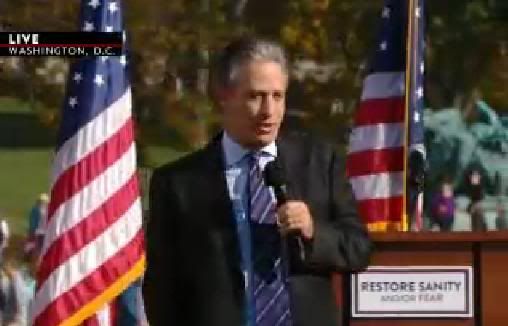Before turning to the debate of the Valar, I wanted to comment on the beautiful scene of how Finwë and Indis came together, which is not in the "Laws and Customs" but rather is actually in the final version of the text that Tolkien had written to be included in the Quenta Silmarillion, but was nonetheless not actually included by CT.
Finwë was understandably despondent over losing (as it seemed) his wife in the midst of the bliss of Aman. His friend Ingwë (Indis' brother) tried to console him by inviting him to leave the city of the Noldor and spend time with him in the full light of the Trees. But Finwë did not go at first while he still hoped that Míriel would return.
Meanwhile, Indis
loved Finwë dearly; for her heart had turned to him long before, while the Vanyar still dwelt with the Noldor in Tuna. In those days she had looked upon the Lord of the Noldor and he seemed to her fairest and noblest of the Eldar, dark-haired and white of brow, eager of face but with eyes full of thought; and his voice and mastery of words delighted her. Therefore she remained unwedded when her people removed to Valinor, and she walked often alone in the friths and fields of the Valar, filling them with music.
But after the doom of Mandos was spoken and it became clear that Míriel would not return, Finwë decided to take the counsel of Ingwë and travel to his house.
His coming was unheralded and unforeseen; and when Indis saw Finwë climbing the paths of the Mountain, and the light of Laurelin was behind him as a glory, without forethought she sang suddenly in great joy, and her voice went up as a song of the lirulin (the lark) in the sky. Then Finwë heard that song falling from above, and he looked up and saw Indis in the golden light, and he knew in that moment that she loved him and had long done so. Then his heart turned at last to her; and he believed that this chance, as it seemed, had been granted for the comfort of them both. 'Behold!' he said. 'There is indeed healing of grief in Aman!'

It is really quite amazing that Tolkien, who so far as I am aware had only one great love in his life - Edith - could write so movingly about love could strike someone a second time. I particularly love the vision of Indis "without forethought" suddenly singing with joy at the unexpected sight of he who she had loved without hope for long.
Turning back to the
Laws and Customs for a moment, I am reminded of Mandos' words at the end of the debate, when he foretells to the rest of the Valar "things both near and far":
Behold! Indis the fair shall be made glad and fruitful, who might else have been solitary. For not in death only hath the Shadow entered into Aman with the coming of the Children destined to suffer; there are other sorrows, even if they be less. Long she hath loved Finwë, in patience and without bitterness. Aulë nameth Fëanor the greatest of the Eldar, and in potency that is true But say unto you that the children of Indis shall also be great, and the Tale of Arda more glorious because of their coming And from them shall spring things so fair that no tears shall dim their beauty; in whose being the Valar, and the Kindreds both of Elves and of Men that are to come shall all have part, and in whose deeds they shall rejoice. So that, long hence when all that here is and seemeth yet fair and impregnable shall nonetheless have faded and passed away, the Light of Aman shall not wholly cease among the free peoples of Arda until the End.
'When he that shall be called Eärendil setteth foot upon the shores of Aman, ye shall remember my words. In that hour ye will not say that the Statute of justice hath borne fruit only in death; and the griefs that shall come ye shall weigh in the balance, and they shall not seem too heavy compared with the rising of the light when Valinor groweth dim.'
'So be it!' said Manwë.
I'll come back to these words, once we have discussed the debate that precedes them .

"Spirits in the shape of hawks and eagles flew ever to and from his halls; and their eyes could see to the depths of the seas, and pierce the hidden caverns beneath the world."



